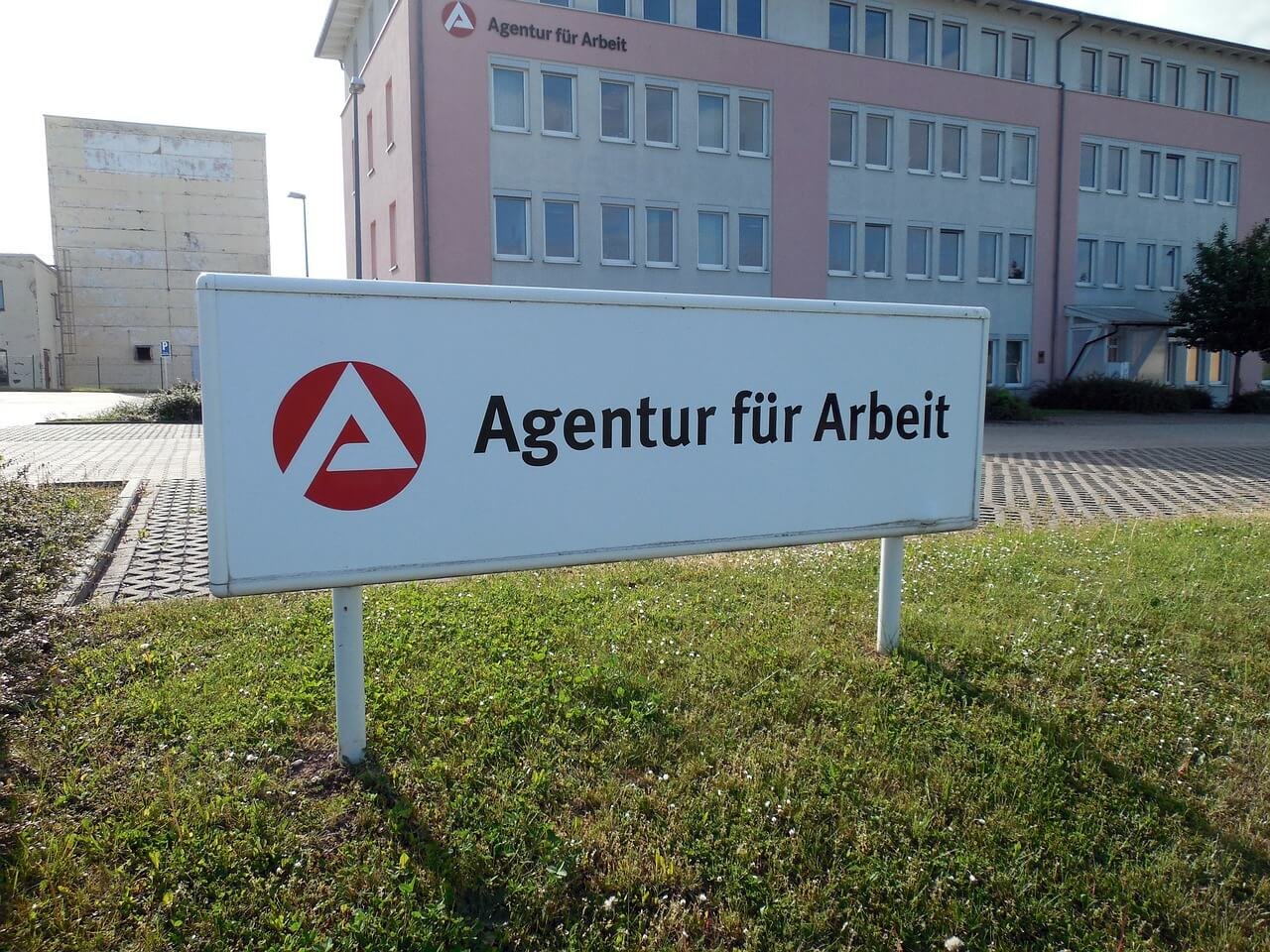
🏠 Renting in Germany: An Overview for Expats
Germany is a country of renters. Unlike many countries where homeownership dominates, more than half of the population rents—especially in large cities like Berlin, Munich, and Frankfurt. For expats, this means entering a highly regulated and competitive rental market governed by strong tenant law protections.
Whether you’re relocating for work or studies, this guide will walk you through everything you need to know—from signing a rental contract to understanding the Mietpreisbremse (rent cap) in high-demand cities.
📘 What Is Tenant Law in Germany?
Tenant law (Mietrecht) in Germany is primarily codified in the German Civil Code (BGB). The law is known for favoring tenants with extensive rights and protections, ensuring stability and affordability in a long-term rental system.
Key Protections Under German Tenant Law
- Secure leases: Landlords can only evict under specific, limited circumstances.
- Controlled rent increases: Rents must reflect local averages and are capped.
- Deposit protection: Security deposits are capped and must be held separately.
- Written contracts: All rental agreements must be documented.
- Regulated utilities: Tenants have the right to itemized bills.
For expats, this legal framework means more peace of mind—but also a need to understand the details.
📝 Understanding Rental Agreements
You’ll usually sign one of two types of rental contracts:
1. Unlimited Term Lease (unbefristeter Mietvertrag)
- No fixed end date
- Most common and tenant-friendly
- Long-term security
2. Fixed Term Lease (befristeter Mietvertrag)
- Ends automatically on a set date
- Often used for furnished or short-term rentals
- Must specify a valid reason for time limit
📌 Tip: Read the contract carefully. If it’s in German, have it translated or reviewed by a tenant association (Mieterverein).
⚖️ Your Rights and Responsibilities as a Tenant
✅ Your Rights
- Privacy: Landlords must give advance notice before entering.
- Protection against unfair rent hikes
- Legal resistance to eviction
- Transparent billing for utilities (Nebenkosten)
❗ Your Duties
- Pay rent on time
- Report damages promptly
- Respect property and neighbors
- Follow minor repair agreements (if applicable)
🌆 Germany’s Urban Housing Crisis
Cities like Berlin, Hamburg, and Munich are facing massive housing shortages. The population is growing, but housing supply is not keeping up. As a result:
- Rents are rising rapidly
- Apartments are hard to find
- Many landlords exploit high demand
To combat this, the German government has introduced several rent control measures—the most important of which is the Mietpreisbremse, or “rent brake.”
🧯 What Is the Mietpreisbremse (Rent Cap Law)?
Introduced in 2015, the Mietpreisbremse is designed to prevent landlords from charging excessive rent in cities where housing is scarce.
🔒 How It Works
When renting a property in a designated area, the rent cannot exceed 10% above the local average rent (ortsübliche Vergleichsmiete), based on municipal rent indexes (Mietspiegel).
🏙️ Where It Applies
This law is active in over 300 cities and districts, including:
- Berlin
- Munich
- Hamburg
- Frankfurt
- Cologne
- Stuttgart
- Düsseldorf
Each federal state decides which areas qualify as tense housing markets.
🚫 When the Mietpreisbremse Does Not Apply
There are important exceptions where the Mietpreisbremse doesn’t apply:
🛑 Exemptions:
- New buildings: Apartments first rented after October 2014
- Major renovations: Where costs exceed a third of the cost of new construction
- Pre-existing high rents: If the previous tenant already paid a high rent
📌 Caution: Some landlords may try to falsely claim an exemption. Don’t hesitate to ask for documentation.
📣 Enforcing Your Rights Under Tenant Law
Unfortunately, the Mietpreisbremse is not automatically enforced—you must act if you believe your rent is too high.
🧾 Steps to Take
- Ask for justification: Landlords must explain rent pricing on request.
- File a formal complaint: Must be in writing within 30 months of signing.
- Seek legal help: A Mieterverein or a tenant lawyer can guide you.
- Use rent check tools: Sites like wenigermiete.de help you verify rent legality.
🔧 Other Rent Control Protections in Tenant Law
Beyond the Mietpreisbremse, there are additional safeguards for tenants:
💡 Modernization Rent Cap
- Landlords can raise rent after renovations—but only by 8% of the cost per year
- Rent can’t rise more than €3/m² over 6 years
📈 Rent Increase Limits for Current Tenants
- Max 20% increase over 3 years (15% in some cities)
- Must reflect the local rent index
- Requires written notice and 3 months’ lead time
📦 Tips for Expats Navigating the Rental Market
Renting in Germany can be overwhelming—especially in high-demand cities. Here are practical tips:
✔️ Before You Apply
- Prepare documents: Passport, proof of income, SCHUFA credit report, visa/residence permit
- Be fast: Apartments disappear within hours in Berlin or Munich
- Don’t pay upfront: Avoid scams by never transferring money before signing
💬 Helpful Tools
- Mieterverein: Offers legal advice and support
- Online Portals: Use Immobilienscout24, WG-Gesucht, or Immowelt
- Translation: Have contracts reviewed if you’re not fluent in German
🧠 Final Thoughts: Know Your Rights, Use Them
Germany’s tenant law system is built to protect long-term renters. From stable contracts to rent control measures, tenants enjoy some of the strongest legal protections in Europe.
That said, laws like the Mietpreisbremse only work when tenants know their rights. Especially in cities where rents are climbing fast, being informed is your best defense against exploitation.
💼 Need Legal Help or a Contract Review?
If you’re unsure about your rental agreement or want to challenge unfair rent, consider joining a Mieterverein or contacting a lawyer specializing in tenant law. Peace of mind is worth the small fee.






